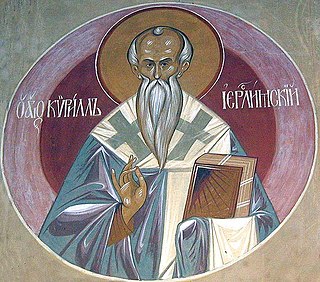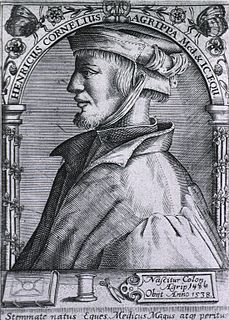A Quote by Ralph Waldo Emerson
To the poet, to the philosopher, to the saint, all things are friendly and sacred, all events profitable, all days holy, all men divine.
Quote Topics
Related Quotes
Preachers are not sermon makers, but men makers and saint makers, and he only is well-trained for this business who has made himself a man and a saint. It is not great talents nor great learning nor great preachers that God needs, but men great in holiness, great in faith, great in love, great in fidelity, great for God - men always preaching by holy sermons in the pulpit, by holy lives out of it. These can mold a generation for God.
The world's history is a divine poem, of which the history of every nation is a canto, and every man a word. Its strains have been pealing along down the centuries, and though there have been mingled the discords of warring cannon and dying men, yet to the Christian philosopher and historian - the humble listener - there has been a Divine melody running through the song which speaks of hope and halcyon days to come.
I am a man and alive. For this reason I am a novelist. And, being a novelist, I consider myself superior to the saint, te scientist, the philosopher, and the poet, who are all great masters of different bits of man alive, but never get the whole hog....Only in the novel are all things given full play.
In regard to the divine and holy mysteries of the faith, not the least part may be handed on without the Holy Scriptures. Do not be led astray by winning words and clever arguments. Even to me, who tell you these things, do not give ready belief, unless you receive from the Holy Scriptures the proof of the things which I announce. The salvation in which we believe is not proved from clever reasoning, but from the Holy Scriptures.
I confess that Magic teacheth many superfluous things, and curious prodigies for ostentation; leave them as empty things, yet be not ignorant of their causes. But those things which are for the profit of men -- for the turning away of evil events, for the destroying of sorceries, for the curing of diseases, for the exterminating of phantasms, for the preserving of life, honor, or fortune -- may be done without offense to God or injury to religion, because they are, as profitable, so necessary.









































